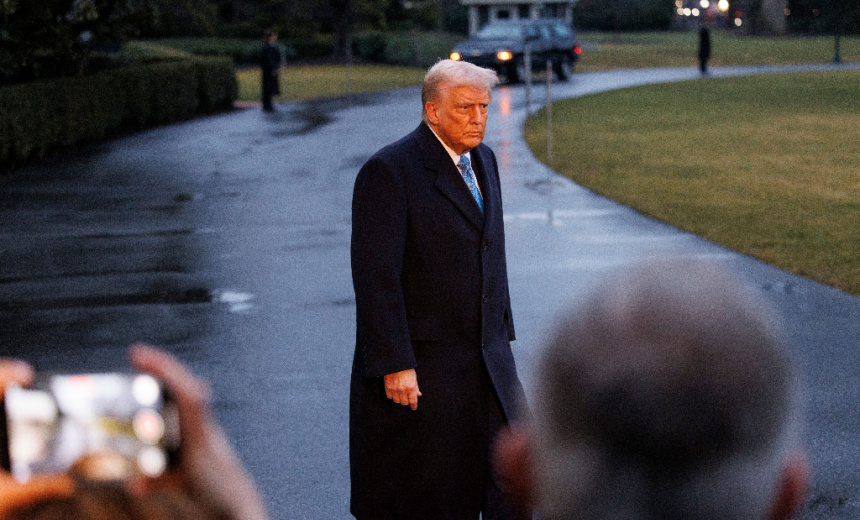Data Security
,
Government
,
Industry Specific
Court Clears Way for Musk’s DOGE Team to Continue Accessing Sensitive Federal Data

President Donald Trump’s billionaire adviser Elon Musk and his team at the “Department of Government Efficiency” will retain access to sensitive federal data systems after a judge on Tuesday refused to block their involvement despite growing concerns over the task force’s handling of data pertaining to millions of Americans.
See Also: New Attacks. Skyrocketing Costs. The True Cost of a Security Breach.
U.S. District Judge Tanya Chutkan said a lawsuit from 14 state attorneys general did not provide sufficient evidence “that they will suffer imminent, irreparable harm absent a temporary restraining order.” The decision comes after the White House pivoted to a new legal defense as scrutiny continued to mount over DOGE’s sweeping access to federal systems, arguing that Musk isn’t actually in charge of DOGE but rather a senior adviser to President Donald Trump.
Under the ruling, DOGE can still access government systems at the Office of Personnel Management, and the departments of Commerce, Education, Energy, Labor, Health and Human Services, Transportation. DOGE reportedly started feeding data from sensitive financial systems into AI software via Microsoft’s Azure cloud in early February, while employees – some as young as 19 with no federal background checks – gained unchecked access to Department of Education systems (see: DOGE’s Use of AI Raises Major Privacy Concerns, Legal Heat).
The distinction in Musk’s official title could be crucial as DOGE – framed as a federal department but, in reality, a task force that shares an acronym with Musk’s favored cryptocurrency – pushes to extract data from agencies like Treasury and Education, advancing Trump’s pledge to slash federal spending and jobs. The president vowed along the campaign trail “that Elon was going to head up the Department of Government Efficiency,” White House Press Secretary Karoline Leavitt previously reminded reporters during a February media briefing (see: White House Defends Musk Amid Sensitive Data Access Uproar).
The White House formally shifted its stance on Monday when Joshua Fisher, director of the Office of Administration, filed court papers stating that Musk serves only as an outside adviser with “no actual authority to make government decisions himself.” The lawsuit unsuccessfully argued that Musk’s role is unconstitutional as he was never Senate-confirmed, despite apparently leading efforts to restrict career civil servants’ access to key systems and channel sensitive government data into artificial intelligence tools as part of DOGE’s broader efficiency initiative.
Musk’s “seemingly limitless and unchecked power to strip the government of its workforce and eliminate entire departments with the stroke of a pen or click of a mouse would have been shocking to those who won this country’s independence,” the lawsuit read.
On Tuesday, Leavitt described Musk as a “special government employee” that had been “tasked with overseeing DOGE” during an interview with Fox News. She later declined to name DOGE’s administrator when speaking with reporters at the White House, according to the Associated Press.
Chutkan wrote in her 10-page ruling “the court is aware that DOGE’s unpredictable actions have resulted in considerable uncertainty and confusion.”
However, “it remains ‘uncertain’ when and how the catalog of state programs that plaintiffs identify will suffer,” the judge wrote.
The White House did not respond to multiple requests for comment from Information Security Media Group about DOGE leadership and access to federal systems.
